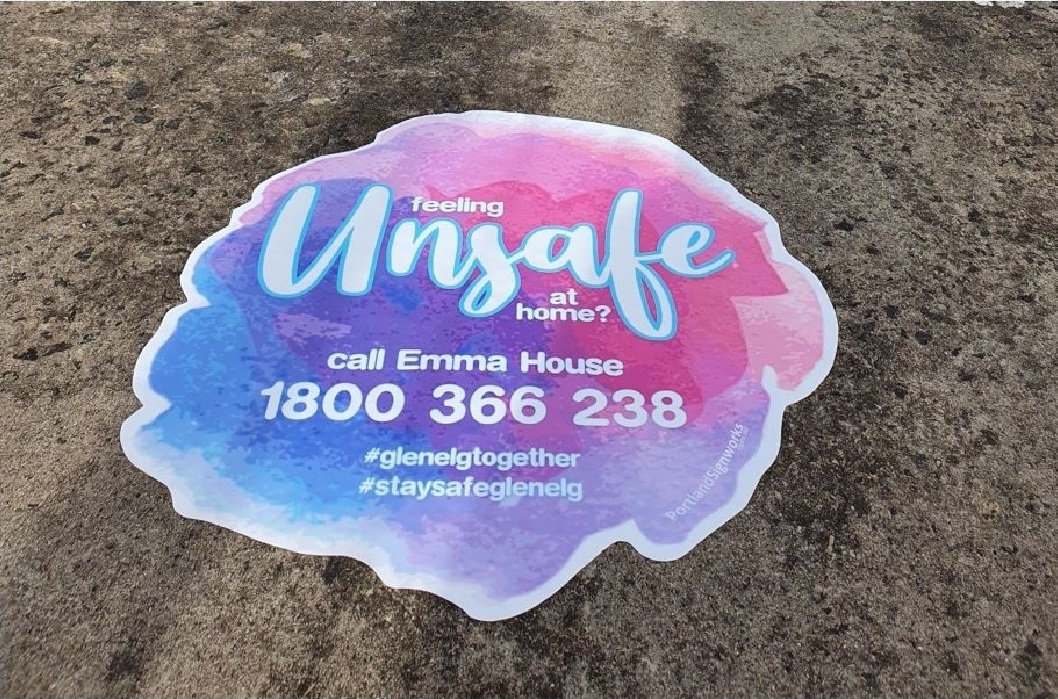The regional community of Glenelg is known for its strong connections between health and community service providers, resulting in greater outcomes for its people. Local stakeholders recognised a need to support their community through coronavirus (COVID-19) and have clearly proven the value of partnership along the journey.
Working in partnership isn’t new for rural communities. There are numerous examples that illustrate the African Proverb, ‘If you want to go fast, go alone. If you want to go far, go together’, and the Glenelg Collaborative Communications Group (GCCG) is one that does just this.
Formed in late March in response to the coronavirus (COVID-19) pandemic, the GCCG is facilitated by the Southern Grampians Glenelg Primary Care Partnership (SGGPCP) with the aim of delivering consistent and coordinated messaging about the pandemic. The group of diverse stakeholders includes; Portland District Health, Glenelg Shire Council, Winda-mara Aboriginal Corporation, Portland YMCA, United Way Glenelg, Glenelg and Southern Grampians Local Learning and Employment Network and YacVIC Rural.
The group has met regularly to respond to the ever-changing community needs through a range of collaborative actions. These actions have aimed to contextualise and localise coronavirus messaging to increase community knowledge, preparedness and response. One action has been the installation of positive messages on footpaths across the shire. The messages have been designed locally, with input from Gunditjmara artists, the LGBTQIA+ community and young people. They are developed around pillars of self-care, physical activity, community care, domestic violence, and inclusion. United Way Glenelg Executive Officer and contributor to the GCCP, Nicole Carr, said “We’ve been looking for a way to bring the community together... The decals offer messages of community support and a reminder of the support systems put in place within the Glenelg Shire”.
Other projects to increase community knowledge, preparedness and response include the use of local hashtags, messaging through localised videos, and an artwork/letter exchange from children to connect those most isolated, including Aboriginal elders and aged-care residents.
To find out about how the GCCG communications have been received, please contact Ebony Jenkins.

